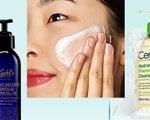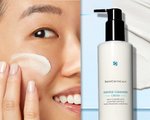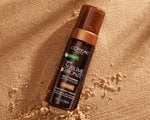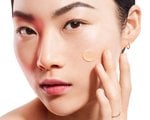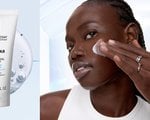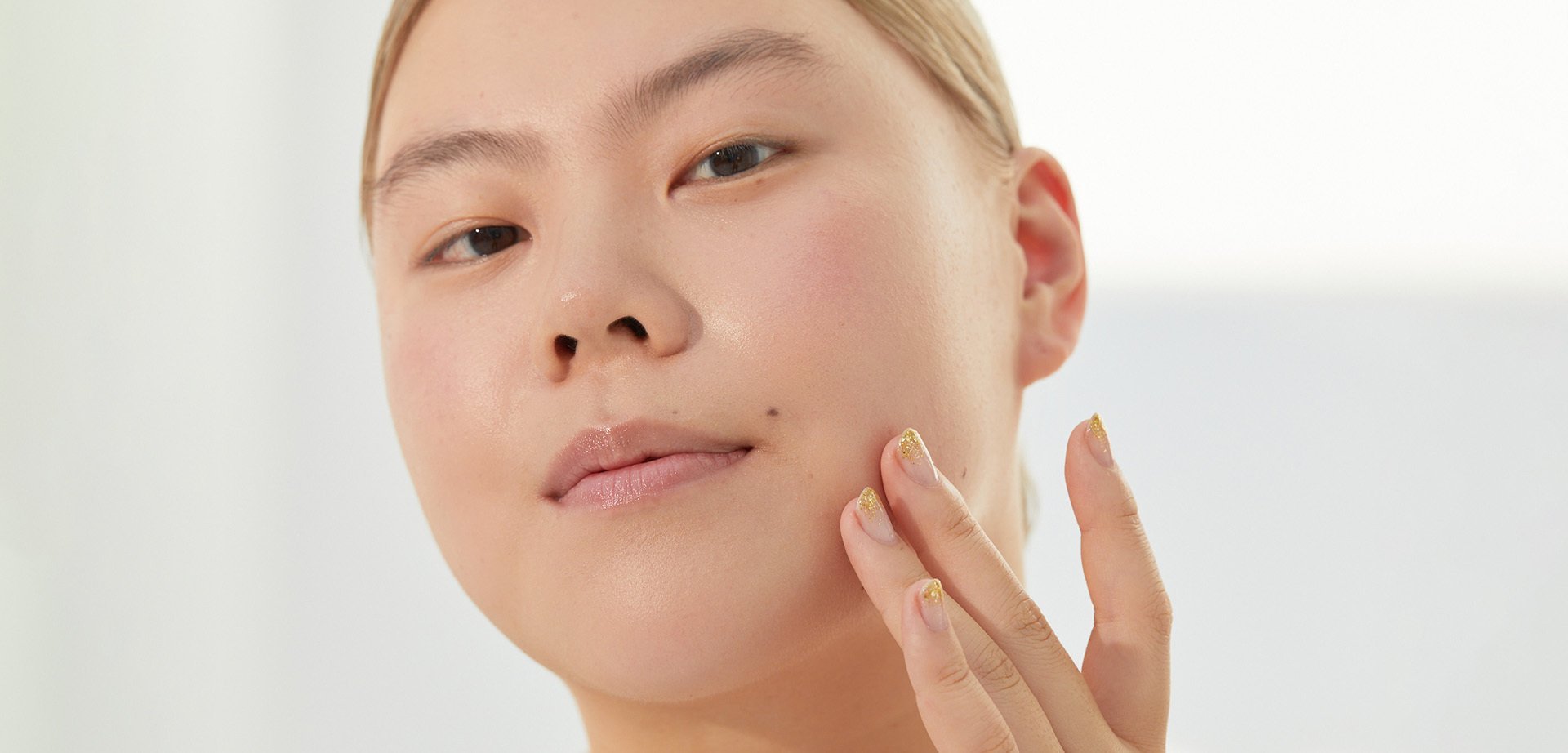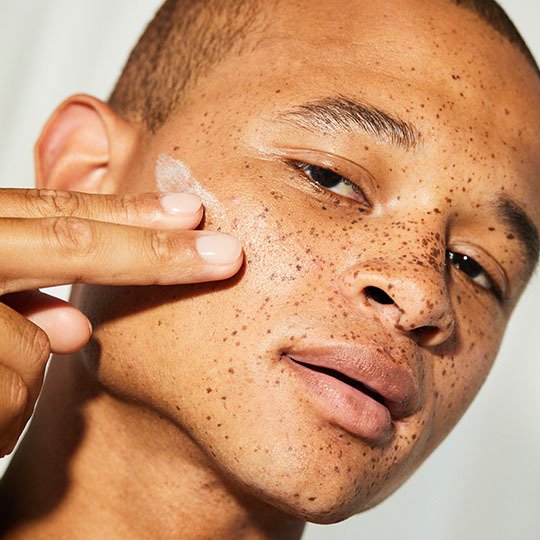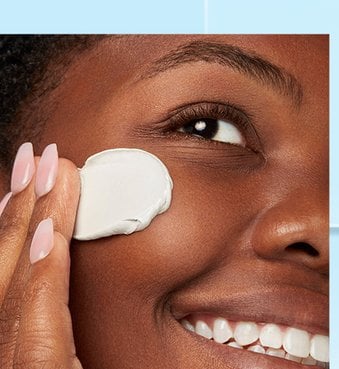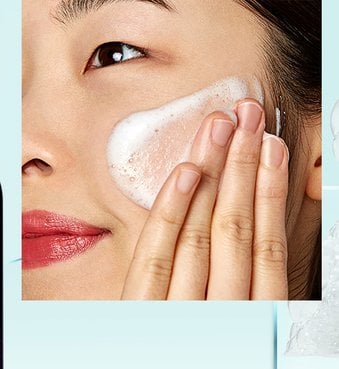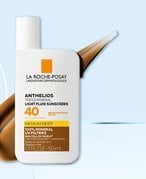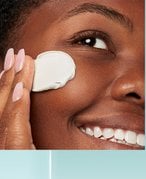Advice From Our Experts
How do anti-aging products work? What is a BB cream? How often should I exfoliate? What are essential oils? If you have a skin care question, we have the answers. Our expert advice comes straight from the top dermatologists, scientists, and estheticians in the industry—no appointment necessary.Latest Articles
Recommended Articles
-
![A woman applying face serum to skin]() Skin Care AdviceWhy Does My Skin Look Dull? Plus, How To Brighten It6/12/2025
Skin Care AdviceWhy Does My Skin Look Dull? Plus, How To Brighten It6/12/2025 -
![]() Skin Care AdviceHow To Get Dewy Skin: 7 Tips For A Natural Glow6/10/2025
Skin Care AdviceHow To Get Dewy Skin: 7 Tips For A Natural Glow6/10/2025 -
![Moisturizers with sunscreen]() Ask the ExpertSunscreen Before Or After Moisturizer: Which Comes First?5/29/2025
Ask the ExpertSunscreen Before Or After Moisturizer: Which Comes First?5/29/2025 -
![]() Ask the ExpertWhat Does Vitamin C Do For Your Skin & How Do You Use It?5/22/2025
Ask the ExpertWhat Does Vitamin C Do For Your Skin & How Do You Use It?5/22/2025 -
![Woman in face mask]() Ask the Expert9 Types of Facials: Benefits and What To Expect5/5/2025
Ask the Expert9 Types of Facials: Benefits and What To Expect5/5/2025 -
![]() Skin Care AdviceWhy Are My Pores So Big? What You Need To Know About Managing Large...4/18/2025
Skin Care AdviceWhy Are My Pores So Big? What You Need To Know About Managing Large...4/18/2025
